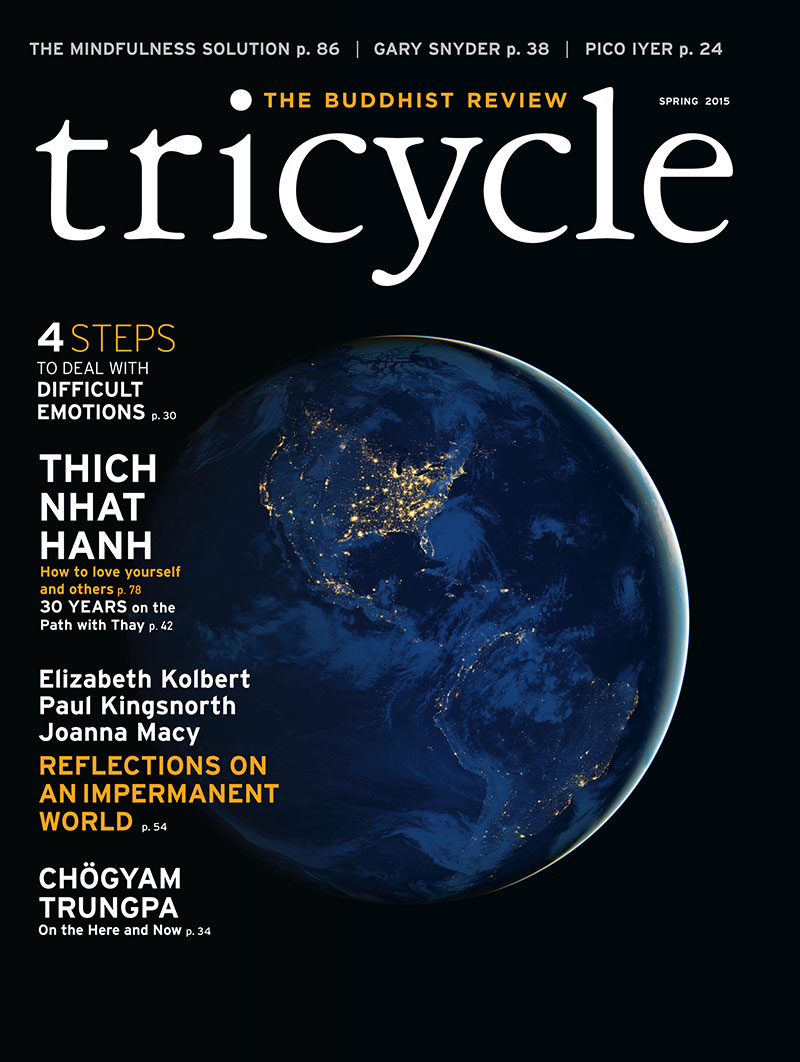
Magazine
The Buddhist Review
Back Issues

In This Issue
Special Sections

IdeasMagazine | Special Section
Reflections on an Impermanent World
An introduction to the special section on Buddhism and the environment
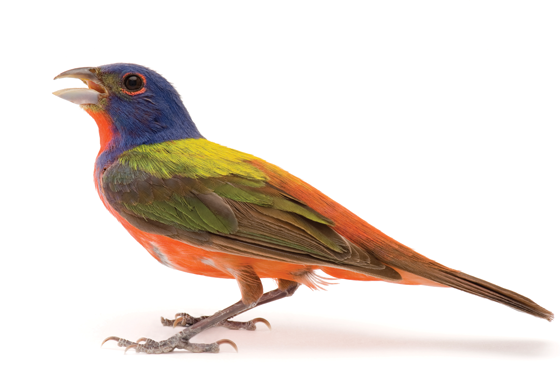
IdeasMagazine | Special Section
No Easy Answers
An interview with Elizabeth Kolbert
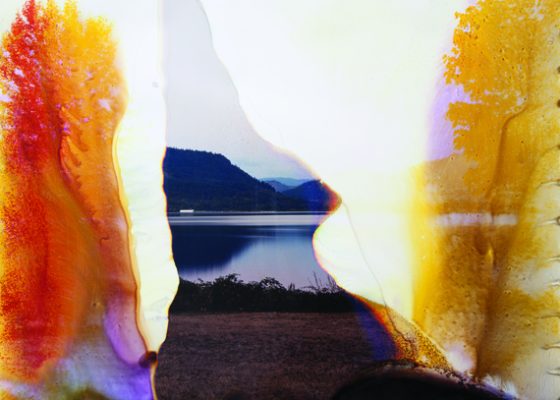
IdeasMagazine | Special Section
The Witness
Opening our eyes to the nature of this earth
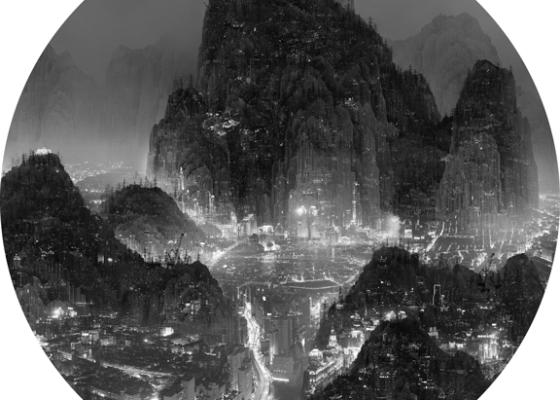
IdeasMagazine | Special Section
The Buddha’s Footprint
Buddhism isn’t the environmental religion it’s made out to be. But the tradition’s legacy on this planet isn’t set in stone.

IdeasMagazine | Special Section
Awakening in the Age of Climate Change
If Buddhism is to address the ecological crisis, it must clarify its essential message.
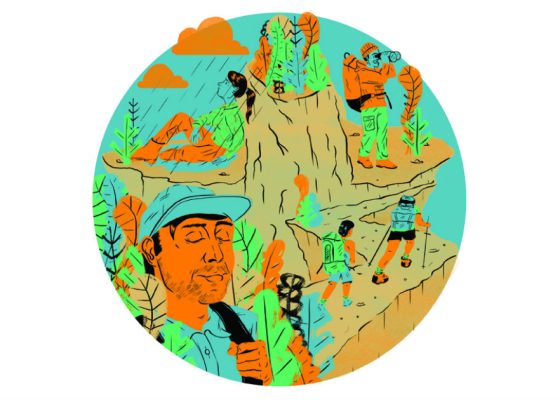
MeditationMagazine | Special Section
The Work That Reconnects
Mapping the transition to a sustainable human culture
Features
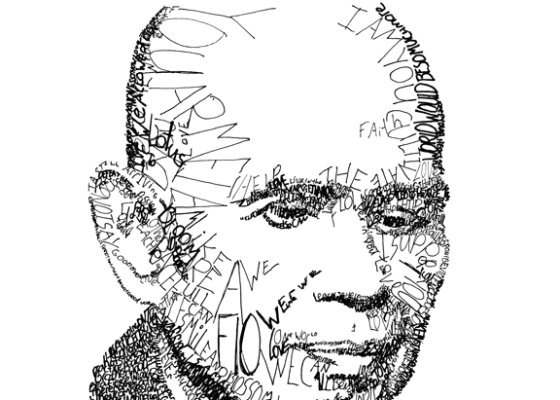
Personal ReflectionsMagazine | Feature
On the Path with Thay
A longtime student reflects on 30 years with the Vietnamese master.
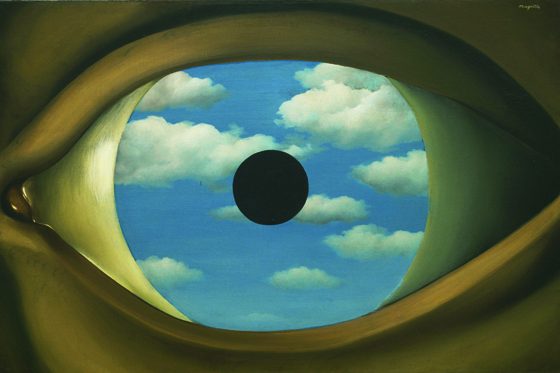
A New Way Forward
Buddhist tradition and modernity are in many ways incompatible. But one Western intellectual tradition may hold a key to bringing the two into meaningful dialogue.

The “Inner Logic” of Other Power
The ego cannot achieve freedom from itself—something more is required.

Departments
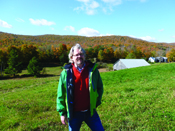
Featured Contributors Spring 2015
Contributors include Johan Elverskog, Sam Mowe, and Paul Kingsnorth
Letters to the Editor Spring 2015
A selection of letters sent by Tricycle readers
Choosing Wisdom in the Face of Peril
A letter from Tricycle’s editor, James Shaheen
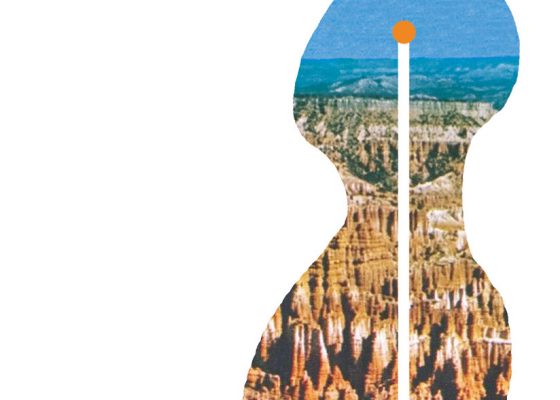
The Seal of Sila
Select wisdom from sources old and new
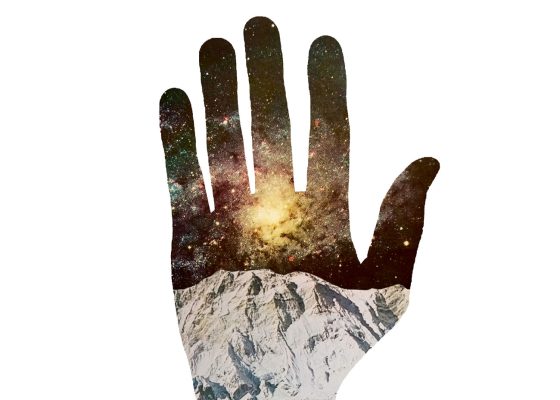
Right Action
Select wisdom from sources old and new
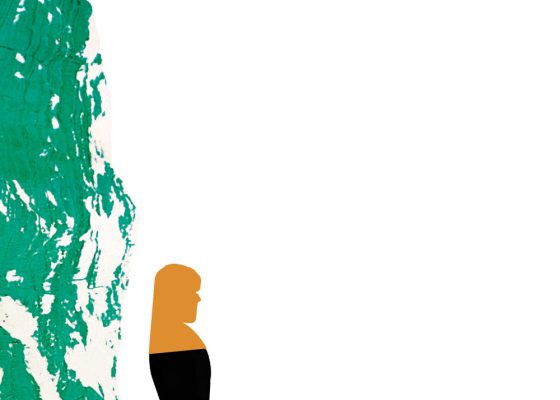
The Beginner
Select wisdom from sources old and new
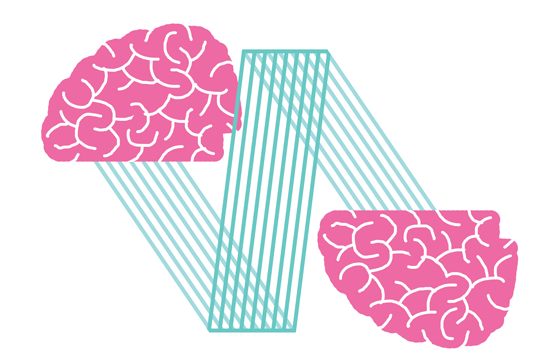
Mind Control
Select wisdom from sources old and new
The Fourth Perfection
Select wisdom from sources old and new
About Oneself
Select wisdom from sources old and new
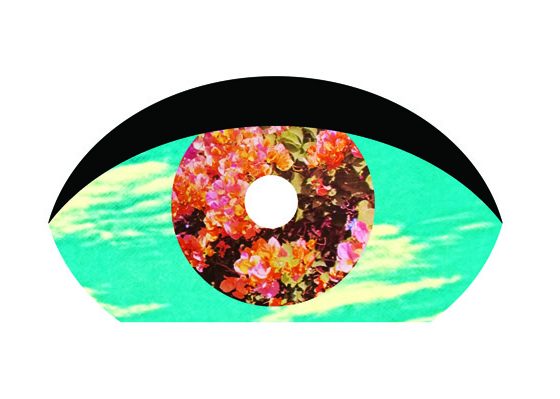
Show It to Me
Select wisdom from sources old and new

The Self-Confidence of a Bodhisattva
Select wisdom from sources old and new
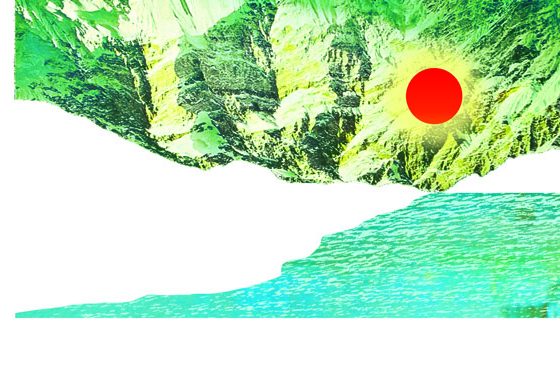
No Problem
Select wisdom from sources old and new

Q&A with Pauline Sherrow
An interview with Pauline Sherrow, pole dancer and Buddhist
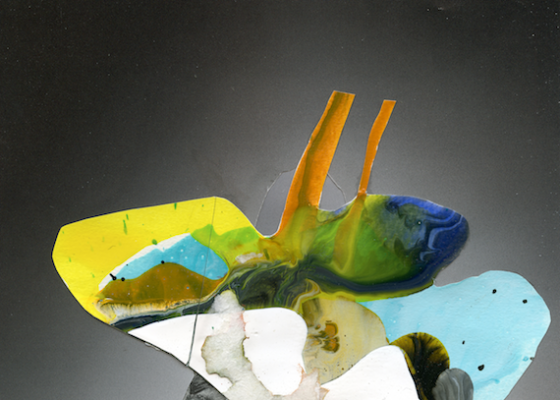
CultureMagazine | Spotlight On
Selena Kimball
An interview with artist Selena Kimball
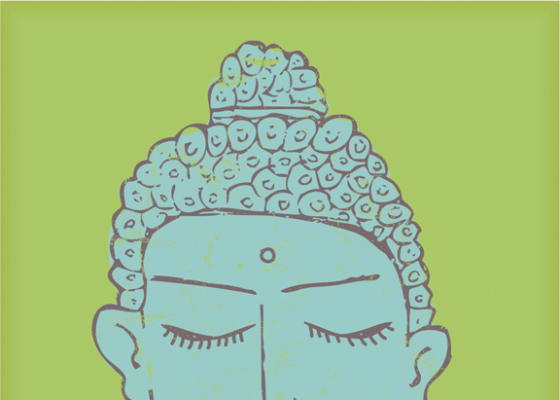
MeditationMagazine | Online Retreats
RAIN
Getting started on a spiritual path takes guts.
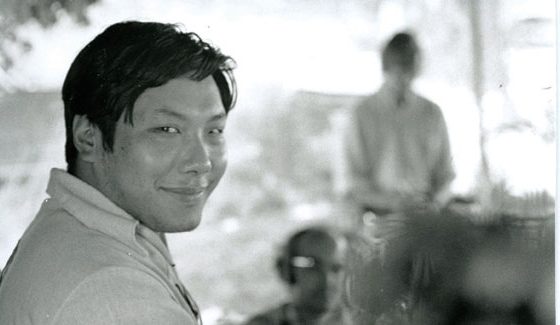
TeachingsMagazine | Dharma Talk
The Dharma in a Single Drawing
Chögyam Trungpa Rinpoche introduces an American classroom to the three bodies of the Buddha.
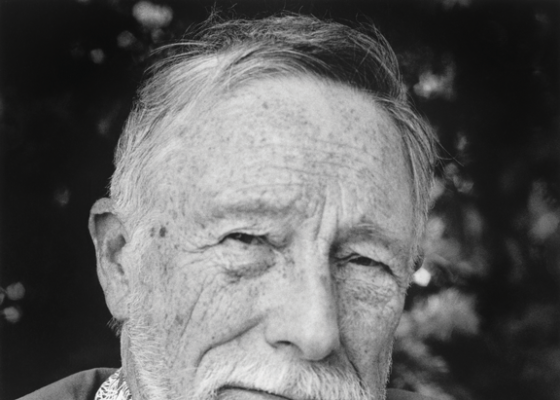
Nothing Need Be Done
A 1988 interview with Gary Snyder, from the newly published anthology Nobody Home: Writing, Buddhism, and Living in Places
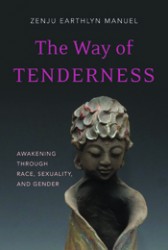
Books in Brief
Recent reviews of Buddhist books
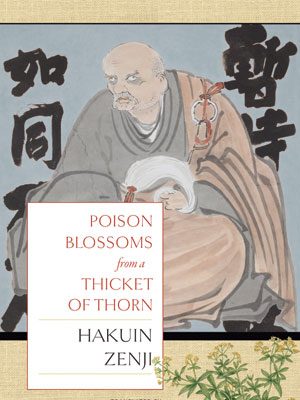
The Zen Master Is Present
While others busied themselves with no-self, Hakuin asked what a Buddhist self might look like.
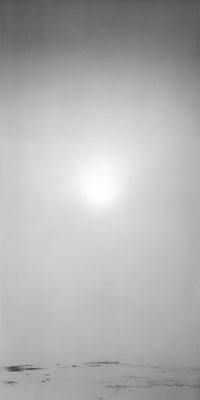
CultureMagazine | Parting Words
A Sweetness Appears and Prevails
Parting words by Terrance Keenan
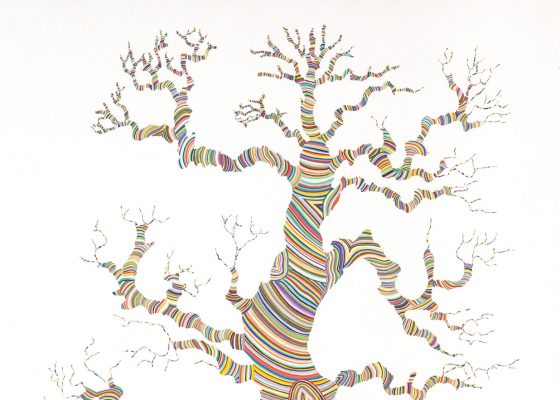
Cultivating Compassion
How to love yourself and others
Buddhist Climate Action Organizations
A resource list of Buddhist climate action organizations
Columns

Adventures in Going Nowhere
It’s not the places we visit—it’s the perspectives we choose.
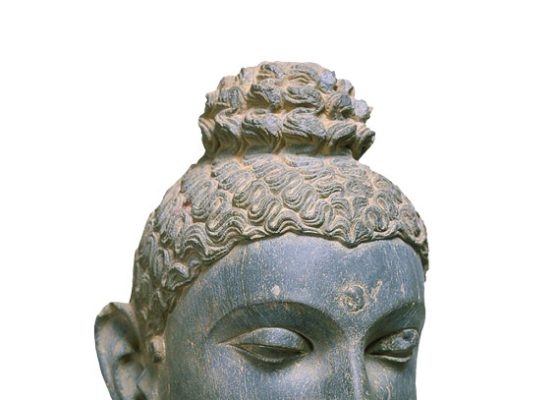
The Mindfulness Solution
Many point out the pitfalls of mindfulness. But the problem is in the approach, not the practice.
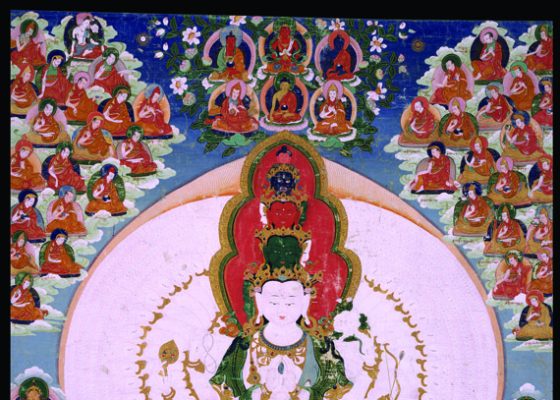
Alleviating Suffering
Can working to treat pain help us tackle the fundamental causes of human distress?
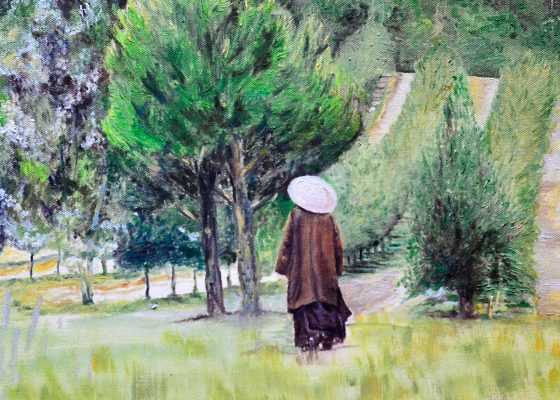
A Floating Sangha Takes Root
Early days in Plum Village with Thich Nhat Hanh